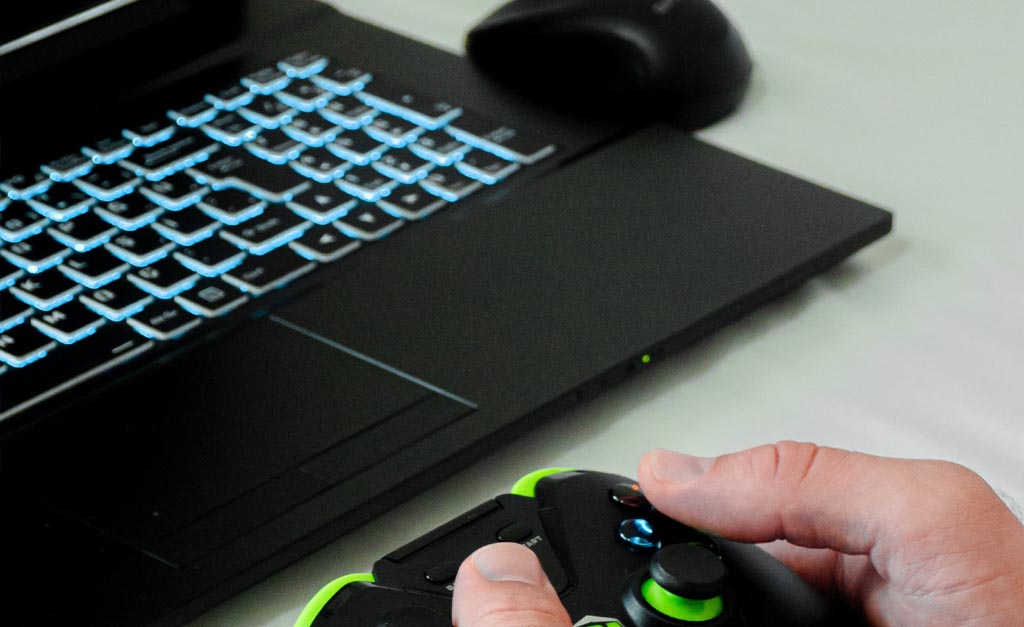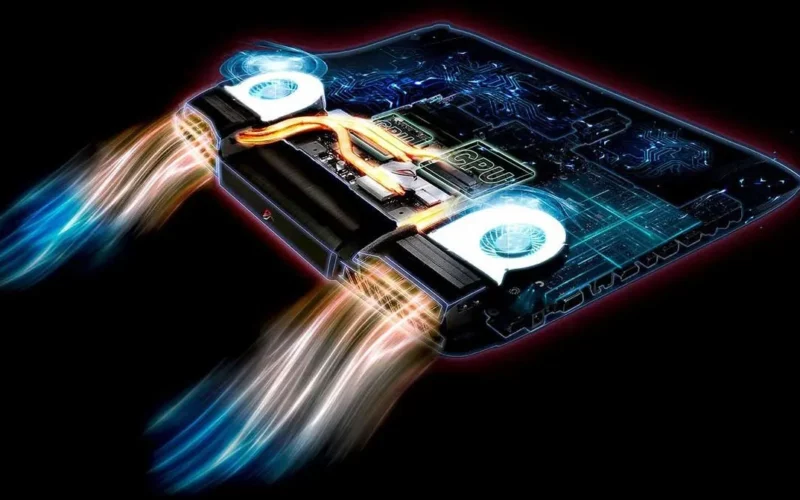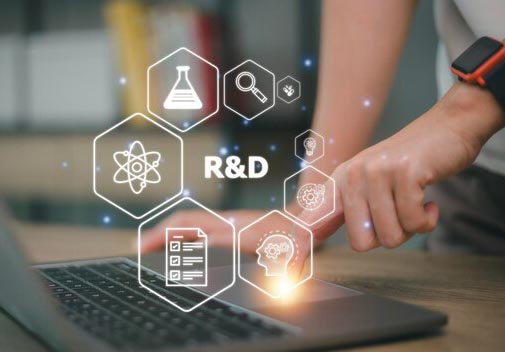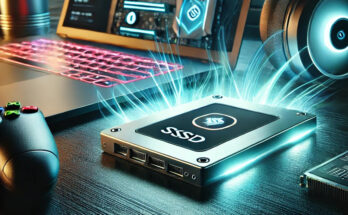Introduction:
Today I discuses that 6 reasons why are gaming laptops so expensive. In the ever-evolving world of technology, gaming laptops have emerged as a powerful and portable solution for avid gamers who demand high-performance computing on the go. However, with their impressive specifications and cutting-edge features comes a hefty price tag that often leaves consumers questioning: Why are gaming laptops so expensive? This article aims to delve into the factors contributing to the elevated costs of gaming laptops.
1. High-End Components:
One of the primary reasons behind the soaring prices of gaming laptops is the use of top-tier components. Unlike regular laptops, gaming laptops are equipped with powerful processors, dedicated graphics cards, and high-speed RAM, all of which contribute to superior gaming performance. These components are specifically designed to handle resource-intensive games and ensure a smooth gaming experience, but they come at a premium.

2. Graphics Processing Units (GPUs):
The graphics card, or GPU, is arguably the most crucial component in a gaming laptop. Gaming laptops are equipped with discrete GPUs from renowned manufacturers like NVIDIA and AMD. These GPUs are designed to render complex graphics and provide realistic gaming experiences. The cost of these high-performance GPUs significantly contributes to the overall price of gaming laptops.

3. Advanced Cooling Solutions:
Intensive gaming sessions generate substantial heat, and to prevent overheating, gaming laptops incorporate advanced cooling solutions. These often include multiple cooling fans, heat pipes, and sophisticated thermal management systems. The engineering required to maintain optimal temperatures during extended gaming sessions adds to the overall cost of manufacturing gaming laptops.

4. Premium Display Technology:
Gaming laptops are known for their high-resolution displays, high refresh rates, and advanced technologies such as NVIDIA G-Sync or AMD FreeSync for smoother graphics. These premium display features enhance the gaming experience but also contribute to the overall cost of the laptop.
5. Build Quality and Design:
Gaming laptops are not only packed with powerful internals but also feature robust build quality and stylish designs. The chassis needs to accommodate the powerful components while ensuring durability and portability. Additionally, manufacturers often invest in unique designs and premium materials, further driving up the production costs.
6. R&D and Innovation:
The gaming industry is highly competitive, and manufacturers constantly strive to outdo each other in terms of performance and innovation. Research and development costs associated with creating cutting-edge technologies, as well as incorporating new features, are passed on to consumers. This constant pursuit of innovation adds to the overall expense of gaming laptops.

Conclusion:
While the price of gaming laptops may seem steep, it’s essential to recognize that these devices are designed to meet the demanding requirements of modern gaming. High-end components, advanced cooling solutions, premium displays, and innovative designs all contribute to the elevated cost. As technology continues to advance, the gaming laptop market will likely see further innovations, potentially influencing the pricing landscape. Ultimately, for gamers who prioritize performance and portability, the investment in a gaming laptop may be justified by the unparalleled gaming experience it delivers.
FAQs
Why are gaming laptops more expensive than regular laptops?
Gaming laptops are equipped with high-performance components such as powerful CPUs, dedicated GPUs, advanced cooling systems, and premium displays, which contribute to their elevated cost. These components are specifically tailored to meet the demands of resource-intensive games, resulting in a higher price tag compared to regular laptops.
Are gaming laptops suitable for tasks other than gaming?
Yes, gaming laptops are versatile and can handle a wide range of tasks beyond gaming. Their powerful hardware makes them well-suited for demanding applications like video editing, graphic design, and 3D rendering. However, their premium price may not be justified for users with basic computing needs.
Do gaming laptops have shorter battery life?
Generally, gaming laptops tend to have shorter battery life compared to regular laptops. The high-performance components and power-hungry GPUs consume more energy, leading to faster battery drain. While advancements in battery technology have improved this aspect, users often find themselves needing to plug in during extended gaming sessions.
Can gaming laptops be upgraded?
The upgradability of gaming laptops varies. Some models allow users to upgrade components like RAM and storage, while others have soldered components, limiting upgradability. GPUs are typically not upgradeable in most gaming laptops, so it’s essential to consider future-proofing when purchasing one.
Are there budget-friendly gaming laptops?
Yes, there are budget-friendly gaming laptops available in the market. While they may not have the same level of performance as high-end models, they still offer a decent gaming experience. Manufacturers often make compromises in areas like build quality, display resolution, or GPU power to offer more affordable options.
How important is cooling in gaming laptops?
Cooling is crucial in gaming laptops to prevent overheating during extended gaming sessions. Gaming laptops often feature advanced cooling solutions, including multiple fans, heat pipes, and efficient thermal management systems. Effective cooling not only ensures optimal performance but also contributes to the longevity of the laptop.
Can gaming laptops be used for professional work?
Yes, gaming laptops can be used for professional work, especially tasks that require significant computing power. Tasks such as video editing, 3D modeling, and software development can benefit from the high-performance components found in gaming laptops. However, users should consider factors like portability and battery life based on their specific professional needs.
Are gaming laptops heavier than regular laptops?
Generally, gaming laptops tend to be heavier than regular laptops due to their robust build quality and the inclusion of high-performance components. The additional weight is a trade-off for the enhanced processing power and features that cater to gaming and other resource-intensive tasks.




